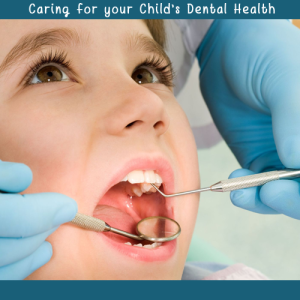Your baby’s toothless smile is one of the most precious things on earth. The appearance of the first tooth is something of a milestone in your baby’s and your life. But what is disappointing is that baby teeth don’t get appropriate amount of health attention, besides the cuteness factor. Generally, a visit to the dentist is occasioned only when there is a problem. This mindset has led to a staggering number of babies facing dental issues such as decay, scarring and caries. If left untreated, tooth decay can cause pain and make it difficult to swallow food.
New research has shown that primary teeth form the foundation of your baby’s future dental health as well as over all well-being. So we decided to put together a series of do’s and don’ts for your baby’s dental health.
Age 0 to 6 months: Wipe your baby’s gums clean and wet with a gauze or a soft cloth
Age 6 to 18 months: Try to introduce a soft baby brush. Continue to use water only for cleaning
Age 18 to 24 month: Introduce a low fluoride toothpaste
- Remember, decay is caused by bacteria in the mouth. The only thing bacteria loves is sugars from food left in the mouth.
- For breastfeeding infants (even without any teeth), sleeping with milk in the mouth is the quickest way to invite bacteria to gorge on un-swallowed milk.
- The easiest way to clean baby gums is to take a clean and soft cloth and wipe your baby’s gums before she falls asleep and every morning. If the baby is going to stay awake, the saliva formation will wash down remnants of milk in the mouth.
- If the baby uses a pacifier, don’t dip it in sugar or honey. Plain water works best in the long run.
- If the baby has a habit of falling asleep with the milk bottle in her mouth, gradually replace milk with water.
- Avoid adding sugar to milk and food
- Fluoride is essential to your child’s dental health. Toothpaste containing fluoride is the best for everyone in your family. But make sure that the baby doesn’t swallow the toothpaste. Swallowing excessive fluoride can also result in staining of the teeth.
- If your child already has tooth decay, do not delay a visit to the dentist. The primary teeth are very important for the permanent teeth to be healthy and in the right place.
However, teeth cleaning alone aren’t a guarantee against tooth decay. If despite taking appropriate steps your baby has tooth decay, it probably has something to do with the baby’s diet and warrants a visit to the paediatrician.
